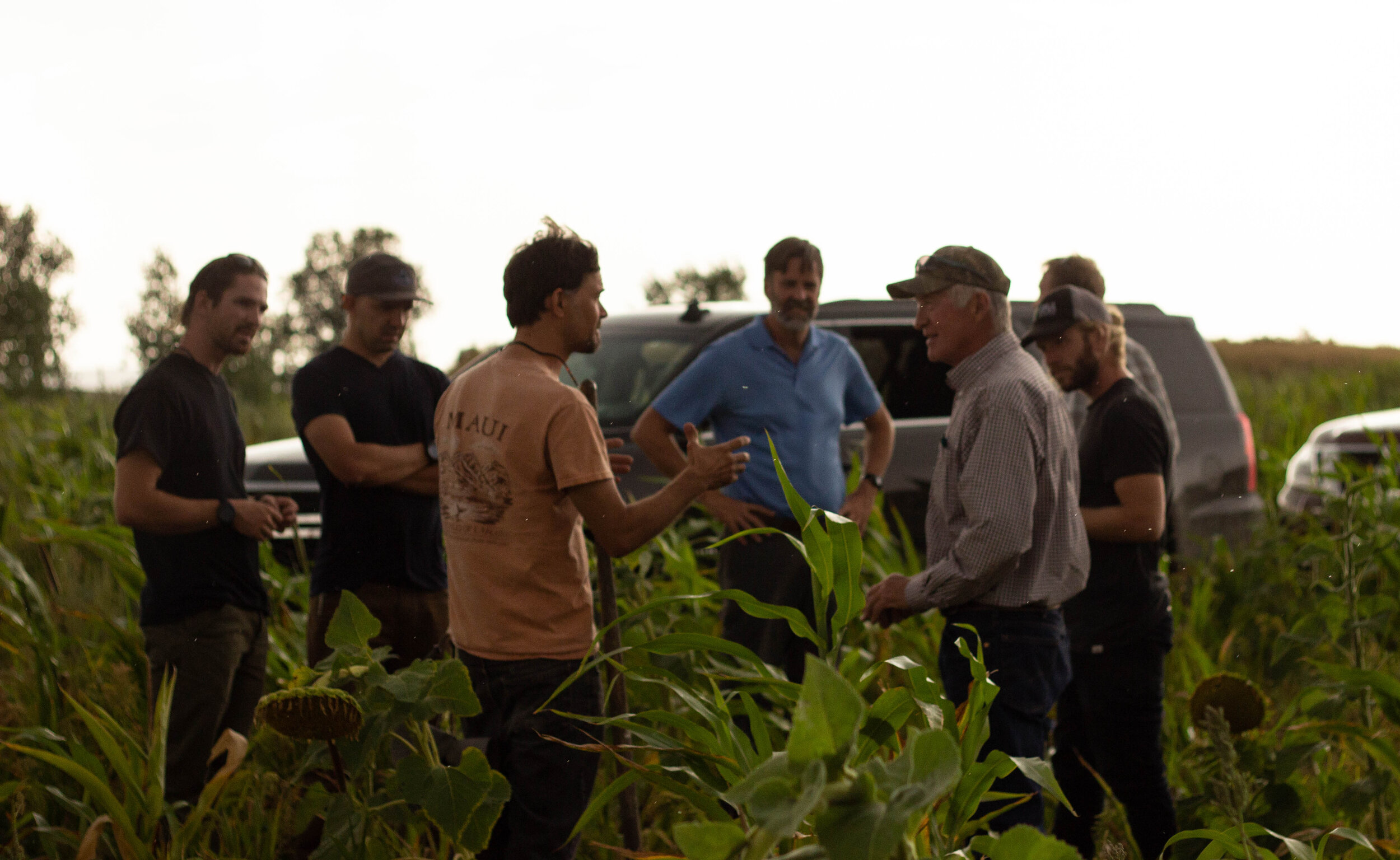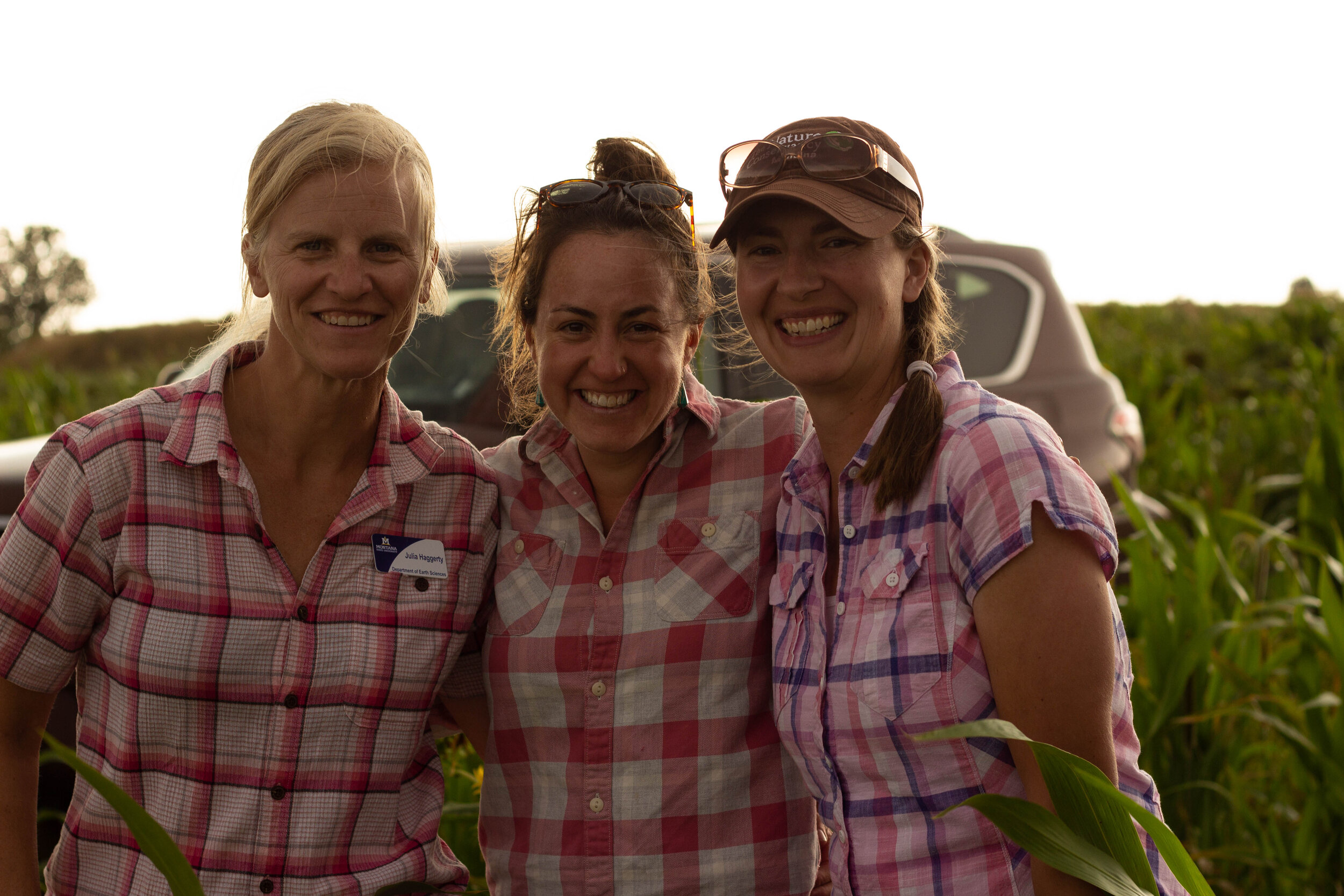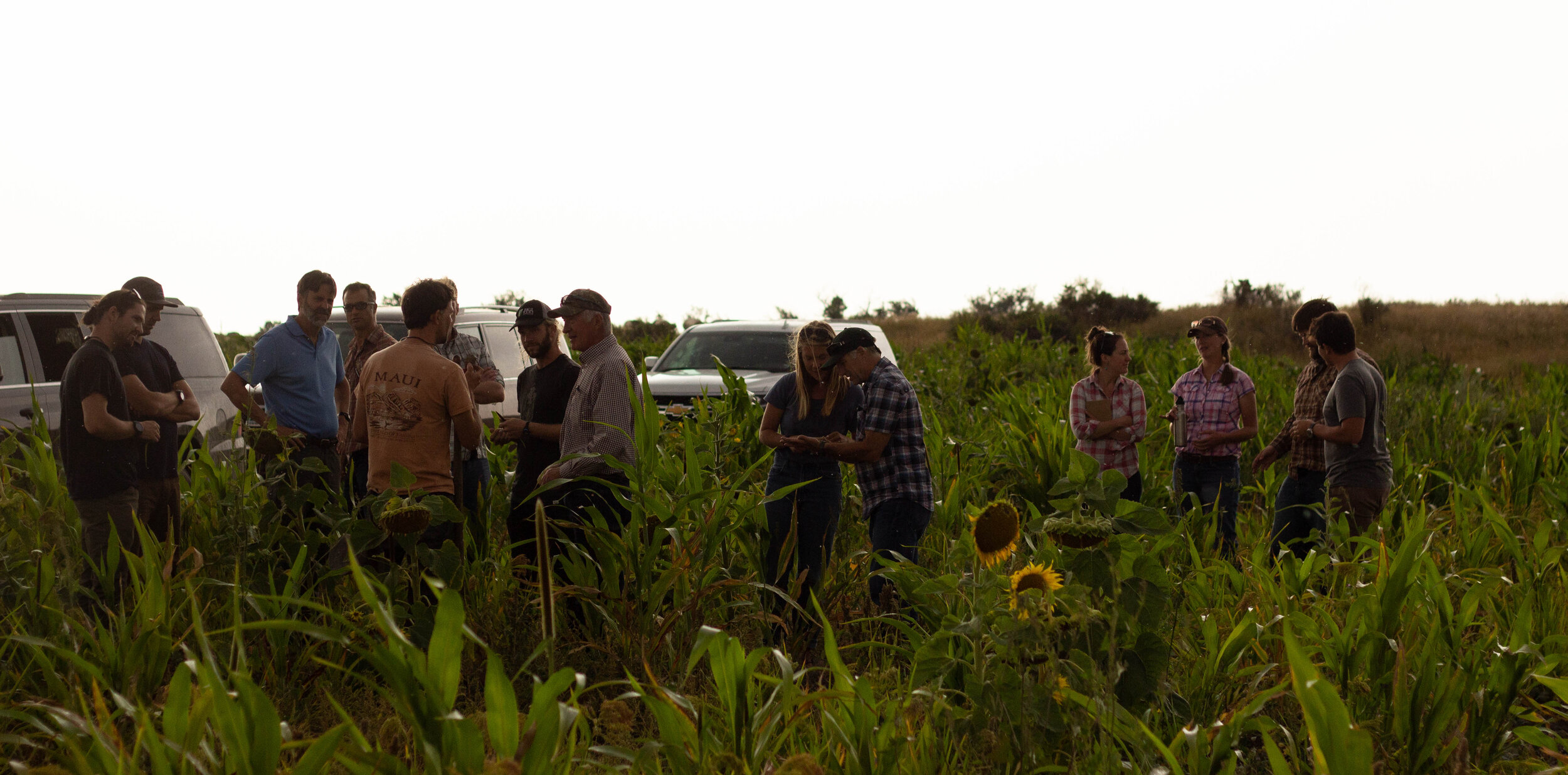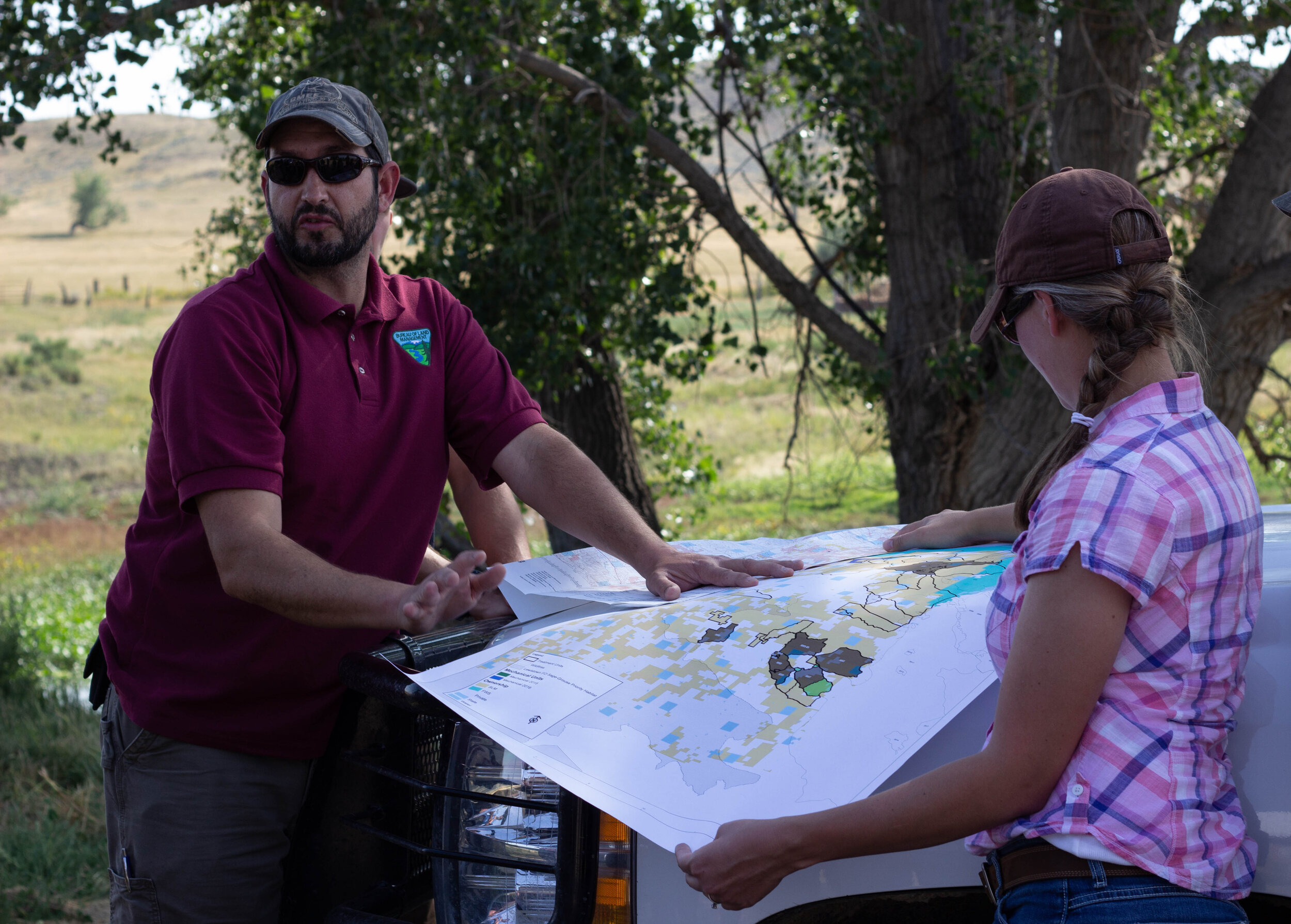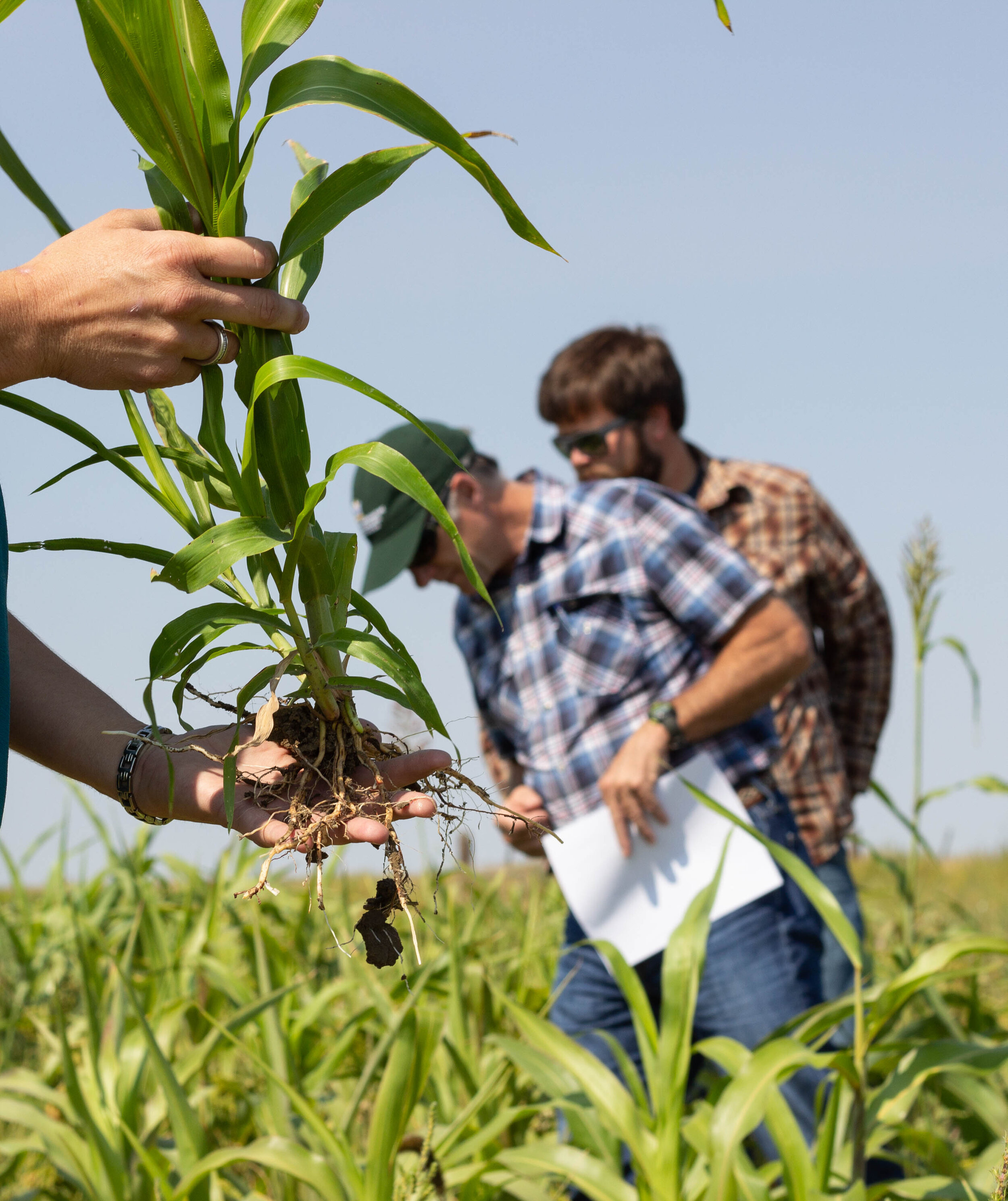A new study in Ecology and Society from a multidisciplinary team of researchers from Montana State University assesses factors influencing the future of rangeland conservation in Montana’s portion of the Northern Great Plains (NGP). One of the world’s last remaining intact, native rangelands, the NGP supports habitat for a rich diversity of wildlife and range-based livelihoods. The region’s global status as a priority target for conservation has motivated fervent interest in various conservation approaches and strategies, including a well-known protected area project called the American Prairie Reserve.
Conservation strategies like protected area projects seek to respond to global demands to halt biodiversity loss in grassland ecosystems with speed and efficiency. However, the authors question what gets lost when a ‘sense of urgency’ guides conservation approaches. Past research emphasizes how more deliberate and often slower conservation strategies are necessary to address the complexity of the region's social and ecological dynamics and build engagement across the region’s conservation stakeholders and rural communities to meet and sustain conservation goals. The author team argues that examining these tradeoffs - between urgent and more deliberate conservation approaches - is critical to assessing the long-term outcomes of conservation agendas.
To disentangle the important factors at play influencing conservation outcomes in the Northern Great Plains, the author team took a participatory approach. Over three years, the author team engaged with regional stakeholders through speaker series and extended field tours to learn about the key issues facing rural communities and rangeland ecosystems in central MT. These efforts included hearing from experts like Quentin Kujala of the Montana Department of Fish Wildlife and Parks about the concerns of the region’s wildlife, as well tours of working ranch operations in and around central Montana, a tour of properties affected by the 2018 Lodgepole fire, and an overnight stay at one of the American Prairie Reserve’s campgrounds and interpretive facilities. “We formed the Montana State University Grasslands Resilience Working Group to create a space on campus for graduate students and faculty to come together around shared interests in rangeland conservation,” says Katie Epstein, lead author on the study. “Engaging with and learning from the people and communities invested in rangeland conservation was key to creating an evolving research design and approach that could incorporate regional perspectives.”
The study examines three important dynamics relevant to the future of conservation: changing climate and disturbance regimes, changing land-use patterns, and the influence of land use on biodiversity outcomes. Graduate students in the Working Group led a focused literature review effort to summarize key insights from the current state of knowledge and highlight gaps in understanding, identifying what the group called “certain uncertainties.” How will fire and climate interact to produce land cover in the region? How will shifts in land ownership influence land use, and what adaptive management practices can best support the region's diverse rangeland habitats? Managing these uncertainties at the regional scale necessitates deliberate and coordinated approaches, which often require coalition and trust-building but can also be time-consuming and resource intensive. Yet, the author team argues that a slower approach to conservation, one that engages with regional stakeholders, invites collaborative dialogue around the future of the region and its conservation goals, is critical to meeting conservation objectives and sustaining them into the future.
More than just an academic exercise, the Working Group argues that their research takes an engaged approach to interdisciplinary learning and graduate education seriously. A truly grassroots enterprise, the Grasslands Resilience Working Group and their regional assessment of conservation attempt first and foremost to embody the university’s land grant mission, to serve both people and ecosystems of Montana.
Citation: Epstein, K., D. J. A. Wood, K. Roemer, B. Currey, H. Duff, J. D. Gay, H. Goemann, S. Loewen, M. C. Milligan, J. A. F. Wendt, E. Jack Brookshire, B. D. Maxwell, L. McNew, D. B. McWethy, P. C. Stoy, and J. H. Haggerty. 2021. Toward an urgent yet deliberate conservation strategy: sustaining social-ecological systems in rangelands of the Northern Great Plains, Montana. Ecology and Society 26(1):10.
https://doi.org/10.5751/ES-12141-260110

